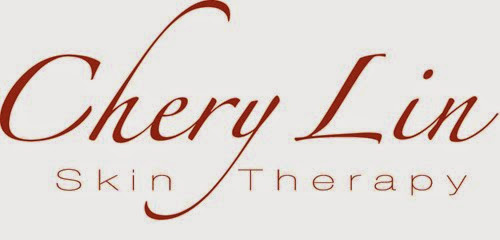Nothing cleans and bleaches the hands, elbows, heels or neck better than lemon juice. Dilute it in rosewater and a little glycerine for a moisturising cleanser. For really discoloured skin, apply the juice direct after cleansing and leave to dry. Use diluted for a final rinse after shampooing to help keep blonde hair bright and shiny.
Lemon facts
The lemon has long been valued as an antiseptic and vitamin C source. In the past, it has been used to treat malaria and typhoid, and as an antidote to meat and fish poisoning. It is well known as a treatment and preventative measure against scurvy and was traditionally taken on long sea voyages and the juice given to sailors. 
Lemons are highly nutritious and provide a superb tonic to the circulatory system. They are helpful when treating sore throats, coughs, colds and influenza and help reduce associated temperatures.
With their vitamin C content and rich citrus flavonoids (water soluble plant substances which protect vitamin C against oxidation), lemons have excellent antioxidant properties and can assist the healing of wounds, strengthen the walls of the capillaries and blood vessels, and has a hypertensive effect on arteriosclerosis.
There are many nutritious substances in lemons such as vitamins A and B, potassium, phosphorus, silica, fructose, manganese and copper, all working to help strengthen the immune system, make collagen, keep skin and joints healthy and may even help to prevent cancer.
Lemon juice is a natural disinfectant and antiseptic, and before modern chemical based cleaners, was used in laundry, glass, household and metal cleaning.
It is an important skincare ingredient and the juice can be applied direct as an astringent and bactericide.

No comments :
Post a Comment